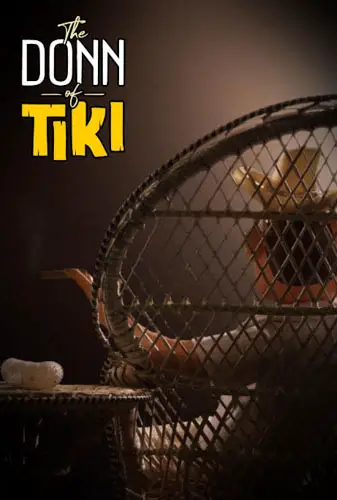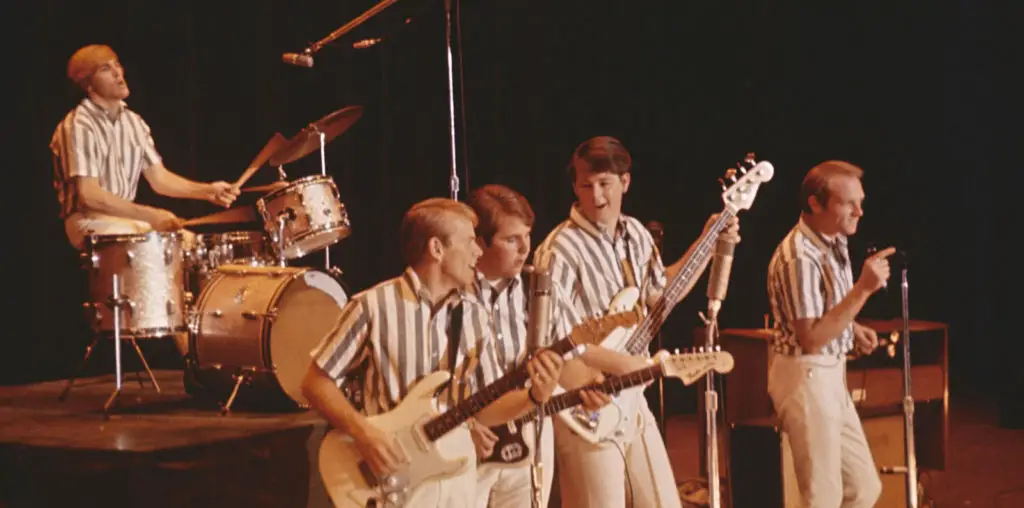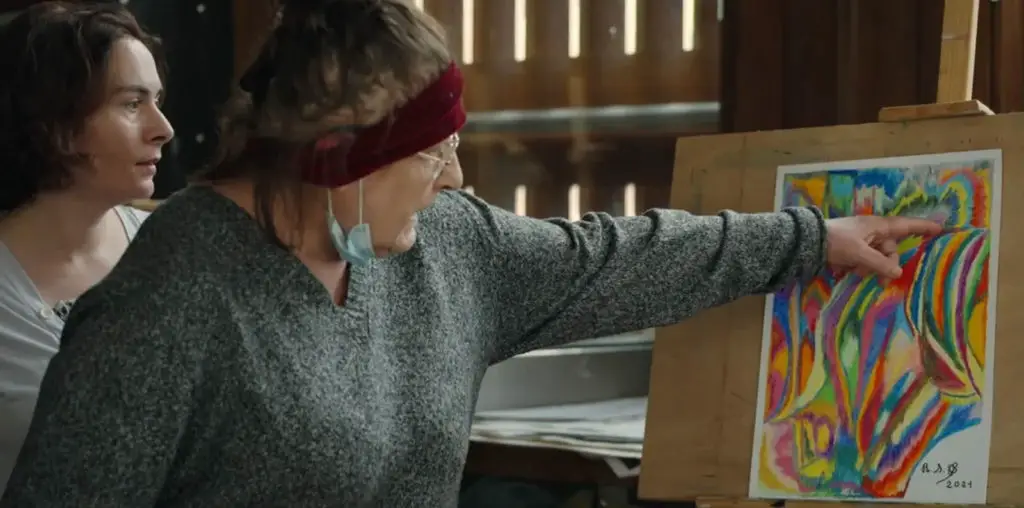
Co-writers/co-directors Alex Lamb and Max Well, with screenwriter Tim Glazner, take a deep dive into the “founding father” of tiki culture in The Donn Of Tiki. Ernest Raymond Gantt was born in 1907; that much is known for sure. But the man, famously known for spinning outlandish yarns, has given contradictory statements about where he was born. Another known fact is that after graduating from high school, Gantt was given a choice by his father, who struck it rich via the oil fields of Texas. Gantt could either have his college completely paid for or travel the world on his father’s dime. Gantt chose the latter option and eventually wound up in Hawaii. There, he fell in love with culture, artwork, and people. All this was before Hawaii was a state, mind you.
Of course, the man returned to the States, and the day after Prohibition ended, “Don’s Beachcomber” opened in Hollywood. The prototypical tiki bar used rum and fruit juice to create its signature, fruity cocktails. The place was an instant hit, with many a movie star favoring the establishment. But Gantt was not especially business-minded, and through various means, the rights to the bar, now known as “Don The Beachcomber,” went almost exclusively to his soon-to-be ex-wife. She then expanded the franchise. As a middle finger, Gantt legally changed his name to Donn Beach. The man would eventually find the love of his life, Phoebe, and pass away at the grand old age of 82.

“…a deep dive into the ‘founding father’ of tiki culture…”
The Donn Of Tiki interviews modern-day mixologists, historians, Polynesian Pop aficionados, and surviving members of Beach’s family. Each person contributes a new angle of something discussed. Family members, including Phoebe Beach, verify or clarify the numerous exaggerations the tiki maestro told, or that were attributed to him after the fact. Jeff Berry is a tiki historian who adds context about Prohibition, rum, and Beach’s signature drink “Rhum Rhapsodies.” Sometimes, two different people will describe the same event but from two varying perspectives or at least two different versions of Beach’s story. The most fun example of this is the origin of the Zombie. Three accounts are given, and two of them are absurd but make for a great story. The odd one out is the truth, but it is a far more boring tale. Listening to the interviewees talk about the escapism of tiki and why that was yearned for in the aftermath of World War II could be a documentary all on its own. Yet, there are so many events to get through in the subject’s life that here, that basis is not much more than a contextual blip.
Lamb and Well add some fun flair throughout the 100-minute film. They bring audio interviews that Donn Beach gave to life using claymation. It’s a novel and fun way to use the main subject’s words while creating a visually engaging scene. For various cocktail recipes, their measurements (2 parts X and 1 part Y) flash across the screen. This is a very simple effect, but it enlivens a medium shot of an interviewee immeasurably. However, the most incredible visuals would have to be the 2D animated sequences highlighting a number of Beach’s misadventures. While some of these moments are in black and white and others are in color, the character designs and movements harken back to the rubber-hose springiness of the 1920s and ’30s. It is just plain cool and perfectly balances the engaging history lessons with fun and a sweet light-heartedness.
The Donn Of Tiki is an excellent introduction to the origins of Polynesian Pop but is filled with enough information and detail to appease devotees. Simultaneously, it is an engrossing biography of a man, Ernst Gantt, a.k.a. Donn Beach, who never met a story he couldn’t embellish. The directors inject a lot of life into the proceedings by cleverly using animation, while the interview subjects all offer distinct, interesting takes.

"…just plain cool..."


